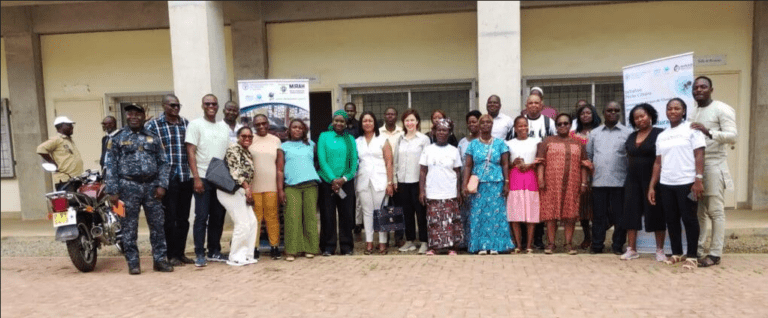Funded by the FAO, the IPC tackles overfishing and protects valuable marine species that are crucial income sources for local fishing communities.
The project focuses on specific, highly prized fish in each country: shrimp, oysters, and arks (mollusks) in Senegal; sardinella (magne) in Côte d’Ivoire; and grouper in Cape Verde. These species have been particularly affected by overfishing and the capture of juvenile fish, leading to declining populations.
Biological rest periods: Fishing bans are established during critical breeding times to allow fish stocks to recover.
The project promotes techniques that minimize bycatch (unwanted fish) and the capture of juvenile fish.
Local fishing communities are actively involved in decision-making through committees, ensuring the project aligns with their needs and promotes long-term sustainability.
Scientific studies provide data on fish populations, while training programs equip fishers with the knowledge and skills for sustainable practices.
The project’s emphasis on collaboration is key. A WhatsApp group has been created for communication and knowledge sharing among stakeholders in all three countries. This allows them to discuss solutions for common challenges and adapt strategies to their specific contexts.
Looking to the future, stakeholders are urging for continued support, both financial and technical, to ensure the project’s long-term impact. Their goal is to establish a self-sustaining system where fish populations thrive and fishing communities prosper.
AP/fss/abj/APA


